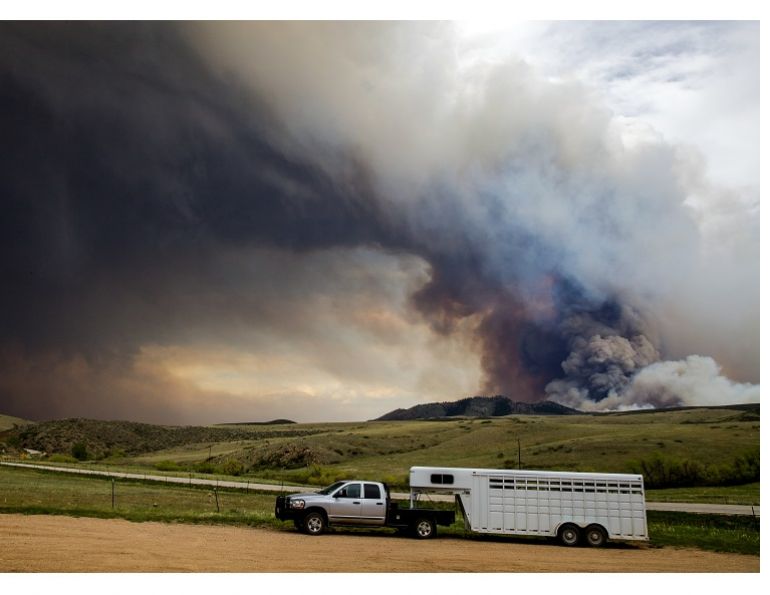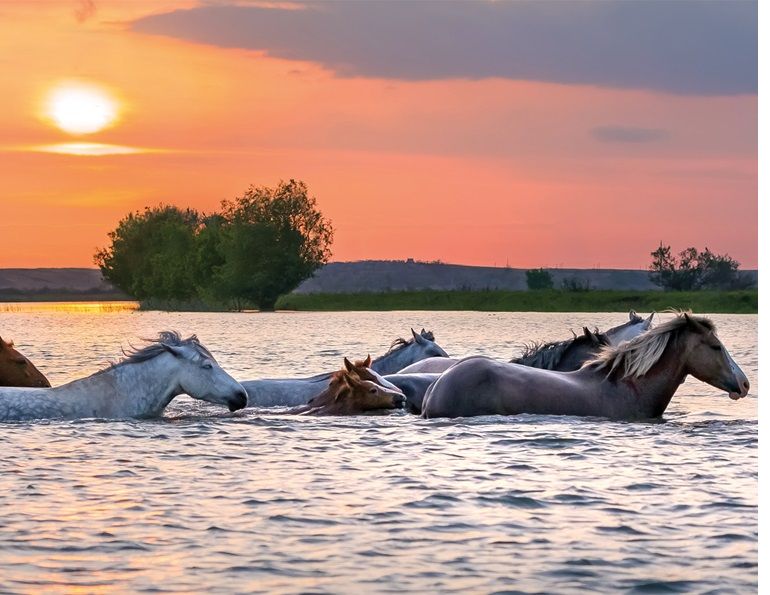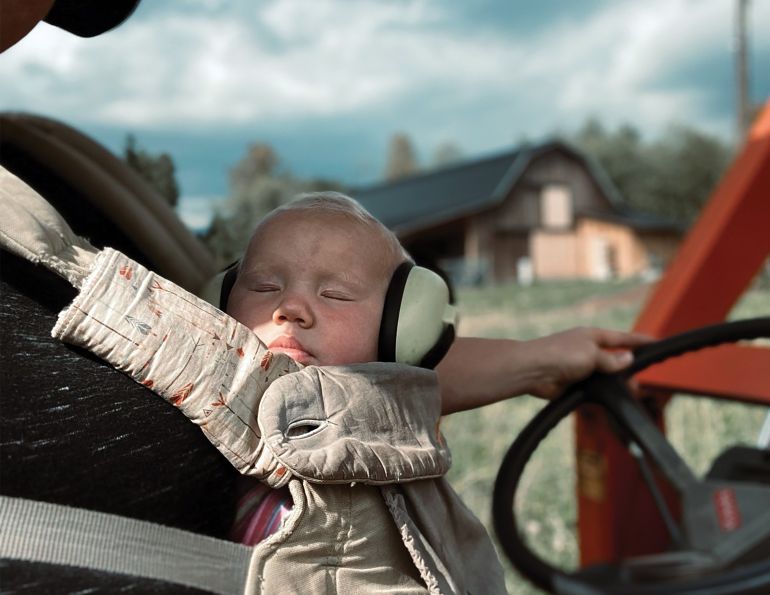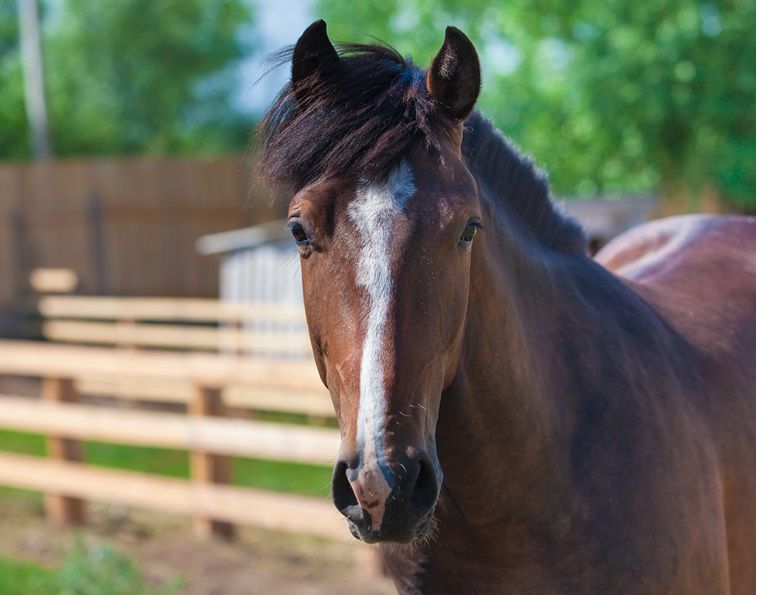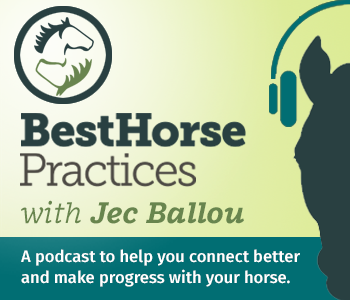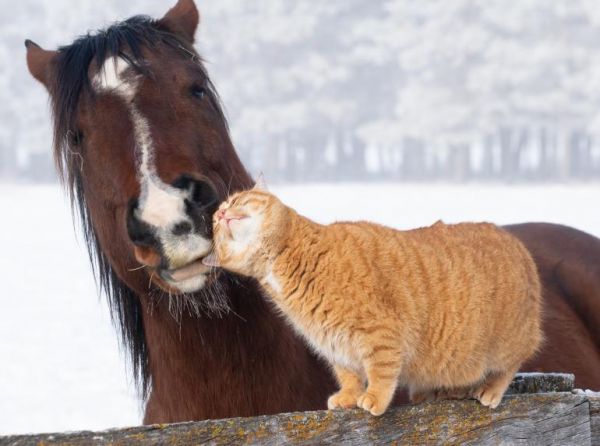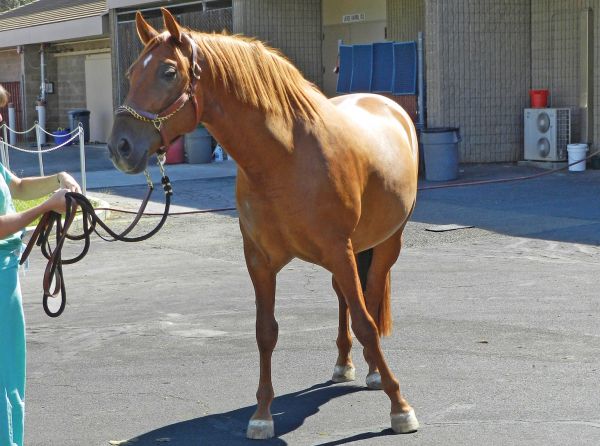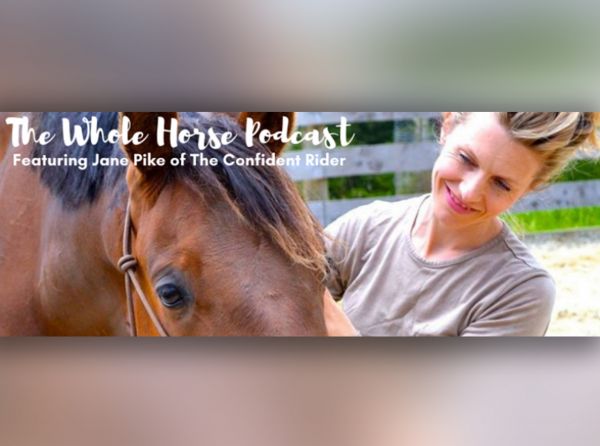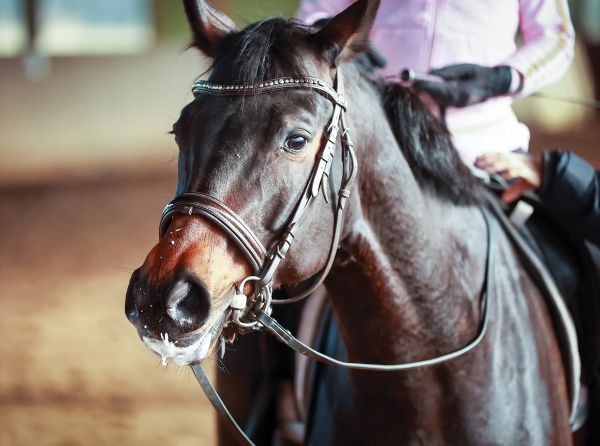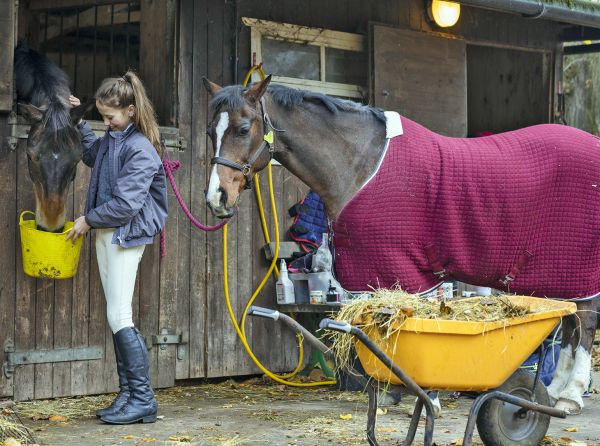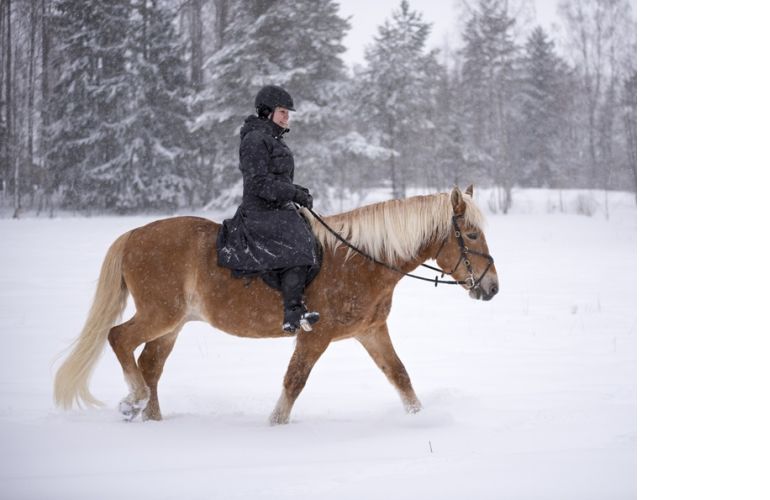By Karen L. Weslowski, LL.B., Litigation Lawyer
Making a living in the horse industry can be challenging. Not only are the horses themselves expensive, the land and equipment needed to sustain a horse business can be costly to purchase and maintain. Given the high costs associated with the horse industry, it may benefit those engaged in this business to familiarize themselves with the laws relating to taxes and taxation issues. A better understanding of these issues could result in tax savings.
This article will review the laws associated with property taxes and personal income taxes as they relate to issues arising in the horse industry. It should be noted that these are both complicated areas of the law, and this article will provide a brief overview and introduction only. Individuals with specific concerns or questions may require the assistance of a lawyer or accountant.
Property Taxes: Farm Status
Property owners engaged in the horse business may find that their property qualifies for “farm status.” Certain benefits can arise from such a designation, including lower property taxes.
In British Columbia, for example, assigning “farm status” is a function of BC Assessment, a provincial Crown Corporation which produces independent property assessments on an annual basis for all property owners in the province. Whether a property has “farm status” may affect the assessed value of the property and the property taxes payable in relation to that property.

The horses are just one of many expenses associated with operating a horse business. An better understanding of taxation issues relating to the horse industry could save you money.
According to information published by BC Assessment, raising horses for sale is considered primary agricultural production and may qualify a property for farm assessment. A mixed operation of horse breeding, raising, training, and boarding is eligible for farm classification on the entire operation. Equestrian centres, horse boarding, training, or rental facilities will not be eligible for farm classification unless they are operated in conjunction with raising or breeding horses for sale. For more information on obtaining farm status in BC, see BC Assessment’s website at: www.bcassessment.bc.ca.
Property owners in Ontario should note that the Minister of Finance passed a regulation in March 2005 changing the way equestrian operations are assessed and classified. Pursuant to this regulation, equestrian operations can be assessed as farms rather than commercial operations, thereby lowering the tax rate associated with that property. The regulation states that the changes apply to the 2004 and subsequent taxation years. For more information on the Ontario regulation, go to the website of the Ontario Municipal Property Assessment Corporation (“MPAC”) at: www.mpac.ca.
According to information published by MPAC, activities that will be assessed as a farm include: maintaining, raising, and selling horses; breeding horses; boarding horses; and training horses. The classification of the property will depend on whether the owner qualifies for the farm tax rate. If the owner qualifies, the property will be classified as a farm. If the owner does not qualify, the property will be classified as residential.
Under the new Ontario regulation, activities that will continue to be classified as commercial include: tack shops or premises used to sell equestrian supplies or clothing; restaurants; snack bars; cafeterias; commercial race tracks and slots; grandstands; banquet halls; and areas used to provide blacksmith, farrier, or other retail services to the public. The property upon which these activities are conducted will continue to be treated as commercial property for valuation and classification purposes.
In other provinces in Canada, generally the municipality in which the property is located will assess the property and determine whether it qualifies for “farm status.” Those properties assessed with “farm status” will be taxed at the farm property tax rate, which is generally lower than the commercial or residential rate. Property owners engaged in the horse industry, particularly horse breeding, should follow up with their municipalities to inquire as to whether their property qualifies for farm status, as such a designation may result in significant property tax savings.

For income tax purposes, farming income includes money earned from farming activities, including raising and showing livestock and racehorse maintenance. Photo: Pam MacKenzie
Generally, decisions about property classifications and assessments can be appealed. If a property owner is dissatisfied with the property classification or assessment or, for instance, a request for farm status is declined, that decision can be appealed to the appropriate tribunal or court, as stipulated in the governing legislation.
Personal Income Taxes: Business vs. Hobby
Those engaged in the horse business may wonder to what extent they can deduct expenses or losses associated with their horses from their personal income taxes. Whether such deductions are permissible will depend upon whether the expenses or losses occurred in the context of a business or a hobby.
For income tax purposes, farming income includes money earned from farming activities such as raising and showing livestock and “racehorse maintenance.” Whether farming activity is a business or a hobby is not dependent upon the size of the farm or the amount of revenue generated. The Canada Revenue Agency (the CRA) does not provide a definition of a “hobby farm.” However, a hobby farm is distinguishable from a farming business in that with a hobby farm there is no expectation of income. Conversely, a farming business, such as a horse breeding operation, is a commercial venture undertaken with an expectation of profit.
Individuals who make a living raising and showing horses, or other activities that qualify as farming activities, and for whom the farm is their chief source of income and who have a reasonable expectation of profit can deduct the full amount of net farm losses from all sources of income, including off-farm incomes.
Individuals for whom their horse business is an integral part of another business may also be permitted to deduct horse-related expenses from income earned in that other business. For instance, in King v The Queen, [2000] 4 C.T.C. 2341, the taxpayers deducted expenses related to the maintenance and showing of horses from income earned as life insurance underwriters. The deductions were disallowed by the Minister of Revenue. The taxpayers appealed this decision. The taxpayers were heavily involved in show jumping, both competing at shows and sponsoring shows. It was the taxpayers’ evidence that they used their horse show involvement to meet new clients and foster existing business contacts for their life insurance business.

The size of the farm does not determine whether the farm is a business or a hobby. Photo: Robin Duncan Photography
The Court found that the evidence was “compelling” that the horse-related expenses were “incurred for the purpose of gaining or producing income from the [taxpayers’] business.” The fact that the taxpayers enjoyed their association with horses did not make the expenses any less related to the purpose of gaining or producing income. The Court overturned the Minister of Revenue’s decision and allowed the deductions, stating: “The Court is satisfied that the raising, maintaining, showing, sponsorship and riding of show horses was not a hobby of the [taxpayers] but indeed a way of doing business. All of these activities were an integral part of the business plan.”
Individuals who carry on farming as a side business with a reasonable expectation of profit, but for whom the farm is not their chief source of income, are restricted in the amount of net farm losses they can deduct from off-farm income. The current allowable deduction for part-time farmers is $8,750.
If a farm operation is not run as a business with a reasonable expectation of profit, then it is considered a hobby farm and net farm losses are not deductible. Any attempt to claim tax deductions for a hobby farm will generally be disallowed by the CRA.
For instance, in the case of Nugent v The Queen, 2004 TCC 52, the taxpayer appealed a decision which rejected his right to deduct farming losses from his income. The taxpayer kept and showed two or three Standardbred horses. He had a small barn with three stalls located on 45 acres where he grew hay for the feeding and raising of his horses. The taxpayer had minimal revenue from the sale of hay and prize money from shows. He was not in the horse breeding business and received minimal profits from the sale of his horses. The Court held that the taxpayer was not entitled to claim farm losses as there was a “predominant personal element” in his operation. It was a “true hobby” as the farm was not conducted as a business to earn income. He had no reasonable expectation of profit and the farm earnings were not his chief source of income. The taxpayer did not keep adequate books and records and had no business plans to improve upon his losses. These factors indicated to the Court that the venture was a hobby, not a business. Consequently, the taxpayer’s attempt to deduct farming losses was disallowed.
There are many special property tax and income tax measures available exclusively to farmers. Although individuals in the horse industry may not necessarily identify themselves as “farmers,” activities such as horse breeding will generally be considered a “farming activity” generating “farming income,” which can bring with it many tax benefits. It is worthwhile for those in the horse industry to investigate what, if any, special tax measures may be available to them so those measures can be used to their full advantage.
This article is provided as an information service only and is not meant as legal advice. Readers are cautioned not to act on the information provided without seeking specific legal advice with respect to their unique circumstances and the applicable law in their province of residence.







